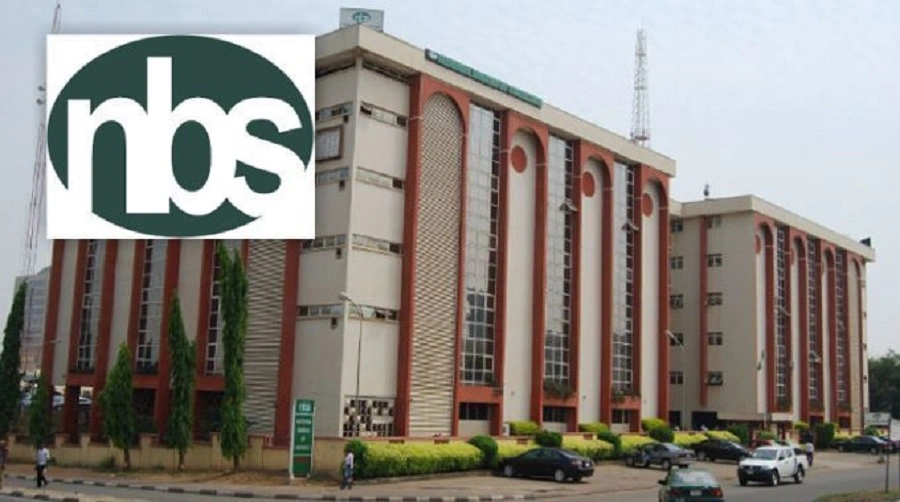Real estate is one of the critical sectors in every economy considering the high rate of investment opportunities embedded in the sector.
However, the recent Gross Domestic Product (GDP) report for the second quarter of 2024 as released by the National Bureau of Statistics, shows that more needs to be done in the sector to achieve desired results.
The real estate sector contributed 5.17 per cent to real GDP in Q2 2024, lower than the 5.29 per cent it recorded in the corresponding quarter of 2023.
The NBS (Nigeria Bureau of Statistics) also reported that the figures were lower than the 5.20 per cent recorded in the first quarter of 2024.
- We’ve rolled 168 standards for construction industry – SON
- FCT teachers issue 14-days ultimatum over 60% arrears
Why GDP growth slumped
Checks by Daily Trust have shown that rising inflation, high interest rates as well as supply chain disruptions contributed to the latest decline in real estate GDP growth.
Nigeria’s real estate sector confronts a critical challenge due to surging inflation rates. According to the NBS, inflation rate stands 33.40 per cent.
Subsequently, the decline of consumer purchasing power has also caused a downturn in consumer demand for properties which has directly impacted the real estate market.
For instance, Nigerians have witnessed a hike in prices of cement, roofing sheets, iron rods and other construction materials.
Compounding this issue is the government’s removal of petrol subsidies, which has worsened fuel costs, leading to a substantial rise in transportation and logistics expenses within the construction industry.
This is consequently triggered by soaring inflation rates and rising construction material prices, and is demonstrably impacting property affordability. This decline in affordability directly translates to a decline in demand for properties across the real estate market.
In the same vein, high interest rates imposed by the Central Bank of Nigeria have increased the cost of borrowing. This has also made financing construction projects and mortgages more expensive, deterring developers, buyers and investors from taking loans and investing in real estate.
Under Yemi Cardoso’s leadership, the Central Bank of Nigeria’s (CBN) Monetary Policy Committee (MPC) has raised interest rates four times.
The rates hike timeline shows an increase from 18.75% to 22.75%, the second to 24.75%, the third to 26.25%, and most recently, in July 2024, the MPC raised the rate by 50 basis points to 26.75%.
In aggregate, the MPC has raised rates by 800 basis points since Cardoso’s appointment.
By implication, interest rates make borrowing less attractive, as the cost of servicing the debt becomes more expensive. This discourages potential borrowers and reduces the overall level of investment in the sector.
Meanwhile, a property expert, Segun Adelabi, has said security issues in certain regions may deter investors from undertaking construction projects in those areas.
“The insecurity in some parts of the country like kidnapping, high crime rates, can scare investors away.
“This discourages investment, potentially leading to a stagnation or even a decline in the real estate and construction sectors of these regions.
“Similarly, with the high cost of houses and rents in major cities across the country, Nigerians are now going for affordable housing as developers can no longer sell high-cost houses, with some going for as high as N2 billion,” he said.

 Join Daily Trust WhatsApp Community For Quick Access To News and Happenings Around You.
Join Daily Trust WhatsApp Community For Quick Access To News and Happenings Around You.


